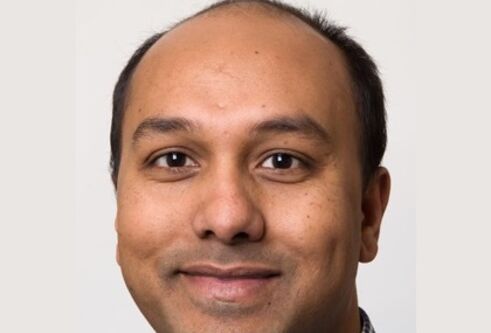PhD opportunity
Inflammation-Responsive cartilage made from Dental stem cells to treat osteoarthritis
Unfunded
31 December 2025
This PhD will develop a self-regulating, living cartilage replacement therapy that both repairs damaged tissue and adapts to the inflammatory environment of osteoarthritis (OA). Using dental pulp stem cells (DPSCs) cultured in scaffold-free 3D spheroids, the project will engineer synthetic gene circuits responsive to inflammation, enabling on-demand production of anti-inflammatory molecules such as IL-1Ra. This smart tissue construct aims to restore cartilage while reducing inflammation locally, offering a precision approach to OA treatment.
Why It Matters
- Urgent Clinical Need: OA affects over 300 million people globally and current treatments do not halt disease progression.
- Smart Therapeutics: Moves beyond static drug delivery to dynamic, condition-responsive therapy.
- Regenerative Potential: Harnesses the high proliferative and chondrogenic capacity of DPSCs.
Key Objectives
- Develop scaffold-free chondrogenic spheroids from DPSCs.
- Engineer NF-κB-responsive gene circuits for controlled IL-1Ra expression.
- Test therapeutic efficacy and inflammatory response modulation in vitro.
Why Choose a PhD at Dundee?
- Specialist Training: Gain expertise in stem cell biology, synthetic biology, and regenerative medicine.
- Innovative Research: Work at the intersection of bioengineering, molecular biology, and orthopaedic science.
- Real-World Impact: Advance the next generation of precision therapies for musculoskeletal disease.
- Strong Research Network: Collaborate with experts in translational medicine and biomedical engineering.
References
- Pferdehirt L, et al. (2019). Inflammation-responsive gene circuits for localised therapy.
- Additional literature as relevant to NF-κB signalling, IL-1Ra therapy, and DPSC chondrogenesis.
Diversity statement
Our research community thrives on the diversity of students and staff which helps to make the University of Dundee a UK university of choice for postgraduate research. We welcome applications from all talented individuals and are committed to widening access to those who have the ability and potential to benefit from higher education.
How to apply
- Email Dr Mohammad Islam to
- Send a copy of your CV
- Discuss your potential application and any practicalities (e.g. suitable start date).
- After discussion with Dr Mohammad Islam, formal applications can be made via our direct application system.
Applicants should hold a degree in Biology, Medicine, or Dentistry and have prior experience with cell culture techniques.
Apply for the Doctor of Philosophy (PhD) degree in Dentistry
